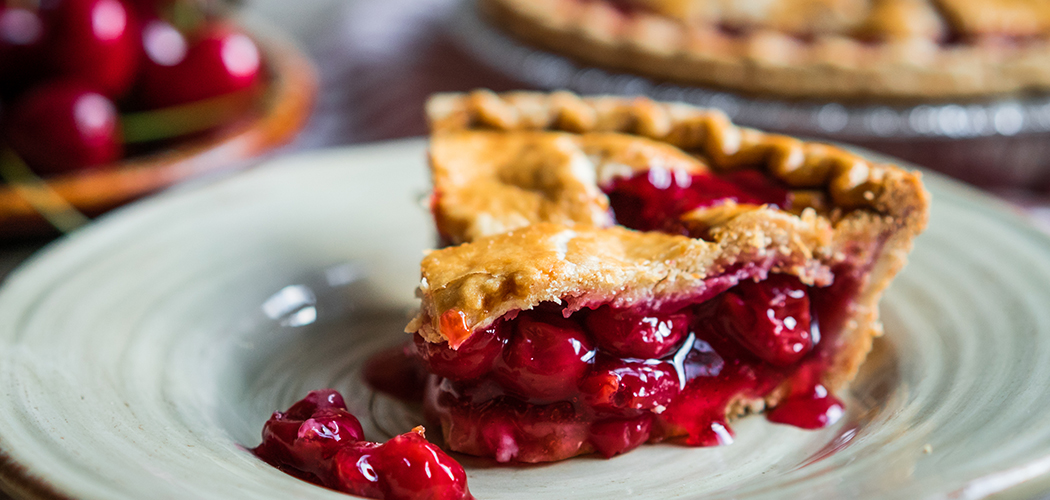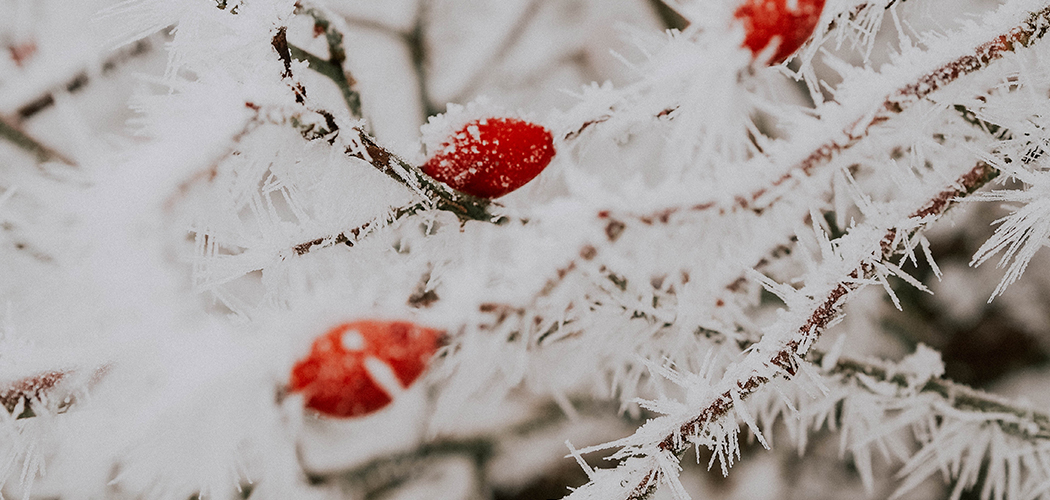[title subtitle=”words: Marla Cantrell”][/title]
Layla has been making Thanksgiving dinner since she was in her late teens. The first time was the year her mother died. The death had taken place in March, on a day so windy, the newly blossomed trees had shaken with wonder, and Layla’s wrap dress had blown open on her walk into the hospital.
She thinks of it now, shudders. She’d rambled on once she’d gotten to her mother’s room, about the wind, the price of gasoline, the gossip she’d heard at the beauty salon. And then she looked up, and she saw her dad holding her mother’s limp hand and the preacher holding his Bible sitting in the only chair. The lights were out, the machines unplugged. How could she have missed all that?
On the way out into a world, so stark it seemed as empty as the tundra, an older woman in the elevator told Layla what lovely skin she had, and Layla smiled weakly.
Her dad told her, in the days that followed, he’d often end up at the hospital, his car seeming to have a mind of its own. “The old Camaro is like a lost dog looking for home,” he’d said, and then his voice had caught.
That first year, Layla had made place cards, had carefully written out her guests’ names. She’d ordered flowers that came in an honest-to-gosh pumpkin. She’d bought a proper tablecloth and matching napkins.
Before everyone had sat down properly, her dad had rolled the TV into the dining room and turned on a college football game. Layla had gone outside to pull herself together.
She’s gotten Thanksgiving down to a science now. Paper plates, canned drinks cooling in the washing machine she fills with ice, a stack of plastic containers ready for leftovers. She still uses her mother’s recipes, and every Thanksgiving morning she feels her mother with her, feels the years of her childhood when she woke to a house smelling like cornbread dressing, yeast rolls, cherry pie.
On those mornings, her mother’s fruit salad, made the night before, would be waiting in the refrigerator. It was pink from the juice of the maraschino cherries. It was bolstered by the sour cream and whipping cream, the miniature marshmallows, the cans of Mandarin orange slices and pineapple chunks. The pecans came from the trees you could see from their kitchen window. Until Layla moved away, she’d never considered those pecan trees at all, and now she sees what a gift they were, towering above everything else, dropping the nuts in rough green pods that stained your fingers when you opened them.
Layla makes the fruit salad every year, even though none of her three kids will touch it. Her daughter Abigail, sixteen years old and filled with enough anger to start a war, asked just last week, “What part of that mess is a salad?” and Layla felt the blood rise to her face. Layla is seeing a therapist now, and she turned to her cellphone and jotted down this note for the next session, “Are mothers allowed to dislike their own children?”
Her two sons, Evan and Abe, twelve and fourteen, are opposed to the pinkness of the salad, the thing Layla loves the most, although when they were younger, it didn’t bother them at all.
In two days, her dad will show up with his wife, Louise. They’ve been together nine years now, and still it shocks Layla to see her, the shiny ring on her finger, the way she leans against Layla’s dad’s shoulder when they sit on the couch. Louise seems like an interloper, a place holder, the credits that roll after a movie when almost everyone is walking out of the theater. She won’t touch the salad either.
The day before Thanksgiving, Layla is making the fruit salad. She’d forgotten to divide her mother’s recipe, and she realizes how much of it will go to waste. Layla’s husband, Will, walks through the kitchen, glances up, and says, “Why’d you make all that?”
Layla doesn’t cry much, but she feels the burn in her nose, the closing of her throat, the fire in her eyes. If she says what she’s thinking, she could start a blaze that might take down her whole marriage, so instead, she says, “Dad wanted me to make enough for him to take home.”
It’s a lie, but lately, most everything Layla says is a lie. You get to be a certain age, life doesn’t turn out, and you start to distort the truth. Just last Saturday, she told the checker at the market that she works out five days a week. The girl looked at Layla’s waistline, crossed her arms and said, “Which gym?” and Layla hauled you-know-what out of there.
When her dad arrives on Thanksgiving, he’s carrying two pies from a café where he eats breakfast most mornings. Louise doesn’t cook much, another thing Layla doesn’t understand. He kisses Layla on the forehead, and she sighs so loud she startles herself.
“Anything wrong?” he asks, and she shakes her head no. Another lie.
“Where’s Will?” he asks, and she points toward the patio door, where she can see Will talking on his phone, the other hand in his pocket. He’s rocking on his feet, a habit he’s had for as long as she’s known him.
Her dad says, “He looks busy. I’ll not bother him.”
Layla supposes she shouldn’t resent her husband for not helping. She supposes she shouldn’t resent her father for calling her husband busy when she is the only one busy in this house. She pushes a damp lock of hair off her forehead and checks the oven where the dressing is baking, nearly perfectly golden.
At the dinner table, Layla’s dad says grace. His voice is smaller than it used to be, and she opens her eyes to watch him pray.
Platters go round the table. Layla is as good a cook as her mother was, although she’ll never own up to it. Midway through the meal, she remembers the fruit salad in the refrigerator. This year she used the extra cherries to make a happy “L” on the surface, a tribute to her own name.
Her daughter Abigail shakes her head when Layla sets the salad on the table, and Layla watches the smirk that threatens to unravel her. “Some people actually LIKE this dish!” Layla says, her shoulders shaking, and Abigail says, “I’d like to see a show of hands on that.”
Evan and Abe laugh, but then they take a second look at their mom and grow quiet.
Will asks, “What’s the ‘L’ for?” and Layla’s dad answers, “Why, Louise, of course.”
For a second or two, Layla doesn’t recognize her own laughter. It is too high-pitched, too hysterical to belong to her, but there it is. “Actually, it’s for Layla, Dad. For me. A kind of thank-you for keeping tradition alive.”
Layla is weeping now, and Abigail is sitting up straight. Louise seems especially interested in her napkin, and her cheeks bloom red. Layla sweeps her hand through the air. “All of this, Mom’s dressing, her rolls, the salad, I do it to keep her with us.” Layla touches the spot on her chest just above her heart. “I do it to keep her here.”
Layla’s therapist calls her mother’s death The Big Trauma. It short-wired something inside Layla, caused her to become a cautious, suspicious, precise person. The therapist uses kinder words, but that’s how Layla sees it.
When her mother got sick, Layla was behaving badly. She grew to believe her mother’s illness was God’s way of punishing Layla for her various sins. And even though she believed she held her mother’s life in her hands, she couldn’t stop. The guy’s name was Reggie, twelve years older, smooth-talking, sly. She’d come from his house the morning her mother died. If she’d stayed home, she’d have gotten her dad’s call. She would have been there for the last moments of her mother’s life.
She has yet to tell this part of her story to the therapist, or to anybody else for that matter. She feels as if saying this out loud will open a cavern in her, will swallow her up from the inside out, but at this moment, she realizes the landslide has already begun.
Abigail is the first to take the bowl and scoop out a spoonful of fruit salad. She passes the bowl to Evan and Abe, who each take helpings. Will is next. His plate is half-full of the stuff when he’s finished dishing it out. Louise takes a helping, the pink fluff bright against the white plate, and then dumps even more onto Layla’s dad’s plate.
“Stop me if I’ve told this story before,” Louise says, “but I was only twelve when my mother died. Mama loved buttermilk with cornbread crumbled up in it. She’d eat it for supper on scorching summer days.”
The boys groan, and Louise wrinkles her nose at them. “I know,” she says. “I hated the stuff myself, but in the months that followed her death, I craved it. I eat it sometimes still, when I’m feeling considerably lonely.”
Layla’s dad clears his throat. “Your mother cut that recipe out of the Courier newspaper one year. It was all the rage with ladies’ groups. She thought it was mighty cosmopolitan. That’s the word she used, cosmopolitan. When she served it that first year, I went on and on about it.” He cleared his throat again. “I loved making your mother happy.”
Layla remembers that Thanksgiving. She’d still been a kid. Nothing earth-shattering had happened to her yet. Her biggest worry was whether she’d ever have a boyfriend, if she’d ever be as pretty as her mom.
Will pulls out Layla’s chair, pats the seat of it. “Sit,” he says, and when she does, he says, “Great dinner, babe,” and while Layla wishes he’d say something more profound, she decides it’s enough.
And then Abigail says, “Hey, Grandpa, tell us what Mom was like when she was a kid. Did she ever ditch school or sneak out at night?” and Layla’s dad says, “Did she ever!”
Evan and Abe laugh, and Layla’s dad starts a story that will save Thanksgiving, that will start to put this family back together. And right then, Louise lays her hand atop Layla’s for just a second, for exactly long enough for two motherless girls to see inside each other, right down to the space where their shattered hearts connect.




